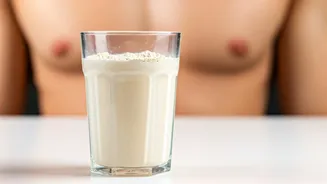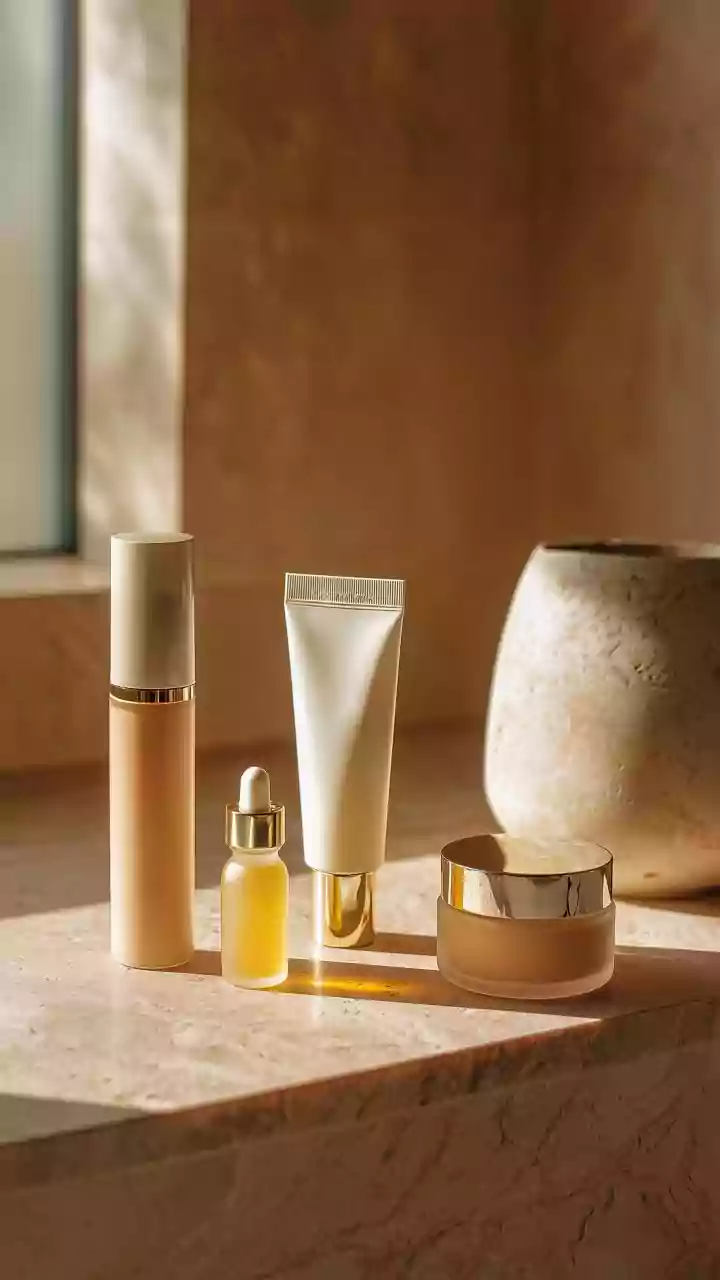Acne and Shakes
Protein shakes can often be linked to skin problems like acne. When consumed in excess, protein shakes can lead to a surge in hormones, such as insulin
and testosterone. This hormonal fluctuation can stimulate the skin's oil glands, causing increased sebum production and, consequently, acne. Furthermore, certain protein supplements may contain added ingredients like whey protein, which has been shown to exacerbate acne in some individuals. Individuals experiencing regular breakouts might want to examine how their protein shake consumption affects their skin, looking for potential links between the two and adjusting their diet accordingly to improve skin health.
Dehydration Concerns
Another key area to consider is the impact protein shakes have on hydration levels. Protein digestion requires a significant amount of water. If you're not adequately hydrated, your body may pull water from your skin, leading to dehydration. Dehydration can manifest in the skin as dryness, dullness, and a lack of elasticity, making fine lines and wrinkles more visible. It’s crucial to match your protein intake with ample water consumption to counter dehydration. This proactive measure will help maintain the skin's natural moisture balance, promoting a healthier and more radiant complexion. Make sure to drink plenty of water throughout the day.
Inflammation Triggers
Protein shakes can sometimes increase inflammation in the body, which can also affect the skin. Many shakes contain additives like artificial sweeteners and excessive sugar, which are known to trigger inflammation. Inflammation can worsen existing skin conditions such as eczema and rosacea, leading to increased redness, itching, and discomfort. In addition to ingredients, some individuals might have specific sensitivities to certain proteins like whey. This can cause an inflammatory response. Choosing protein shakes with fewer additives and being conscious of your body's response can help mitigate these effects. Considering the potential for skin issues, it’s beneficial to review the ingredients of your protein shakes.
Skin Aging Issues
Beyond acne and dehydration, the relationship between protein shakes and premature skin aging is another critical point. Consuming excessive amounts of protein, or protein that’s not balanced with other essential nutrients, can accelerate the skin's aging process. This happens because the body may struggle to efficiently process and use the excessive protein. Furthermore, a diet lacking in antioxidants and essential fatty acids can amplify these effects. Skin aging can be accelerated when not enough vitamins are ingested. To combat this, ensure your diet includes a balanced intake of nutrients along with protein shakes, and consider adding antioxidant-rich foods to your routine to protect your skin from premature aging.
Hidden Sugar Risks
Hidden sugars in protein shakes can contribute to various skin concerns. Many protein shakes are loaded with added sugars or artificial sweeteners to enhance taste, which can lead to increased inflammation and the production of glycation end-products (AGEs). AGEs damage collagen and elastin, the proteins that give skin its firmness and elasticity, thus speeding up the aging process. The excess sugars also cause insulin spikes, which contribute to acne and potentially worsen conditions like rosacea. Consumers should carefully examine the nutritional labels and opt for shakes with minimal added sugars or consider unsweetened options. This way, one can mitigate the negative impacts of hidden sugars on the skin and maintain a youthful appearance.
Making Informed Choices
When making choices regarding protein shakes, it's essential to consider your skin health. Start by assessing your skin's condition and any existing concerns you have. If you're prone to acne, eczema, or other skin issues, pay close attention to the ingredients and your body's reactions. Consider the protein source, as whey might trigger issues for some individuals. Secondly, opt for shakes with minimal additives, sugars, and artificial sweeteners. Thirdly, ensure that you balance your protein intake with other nutrients by eating a balanced diet and drinking enough water. Consulting a dermatologist or a nutritionist can provide personalized advice tailored to your skin and health needs, ensuring your protein shake consumption supports your skin's vitality.



















